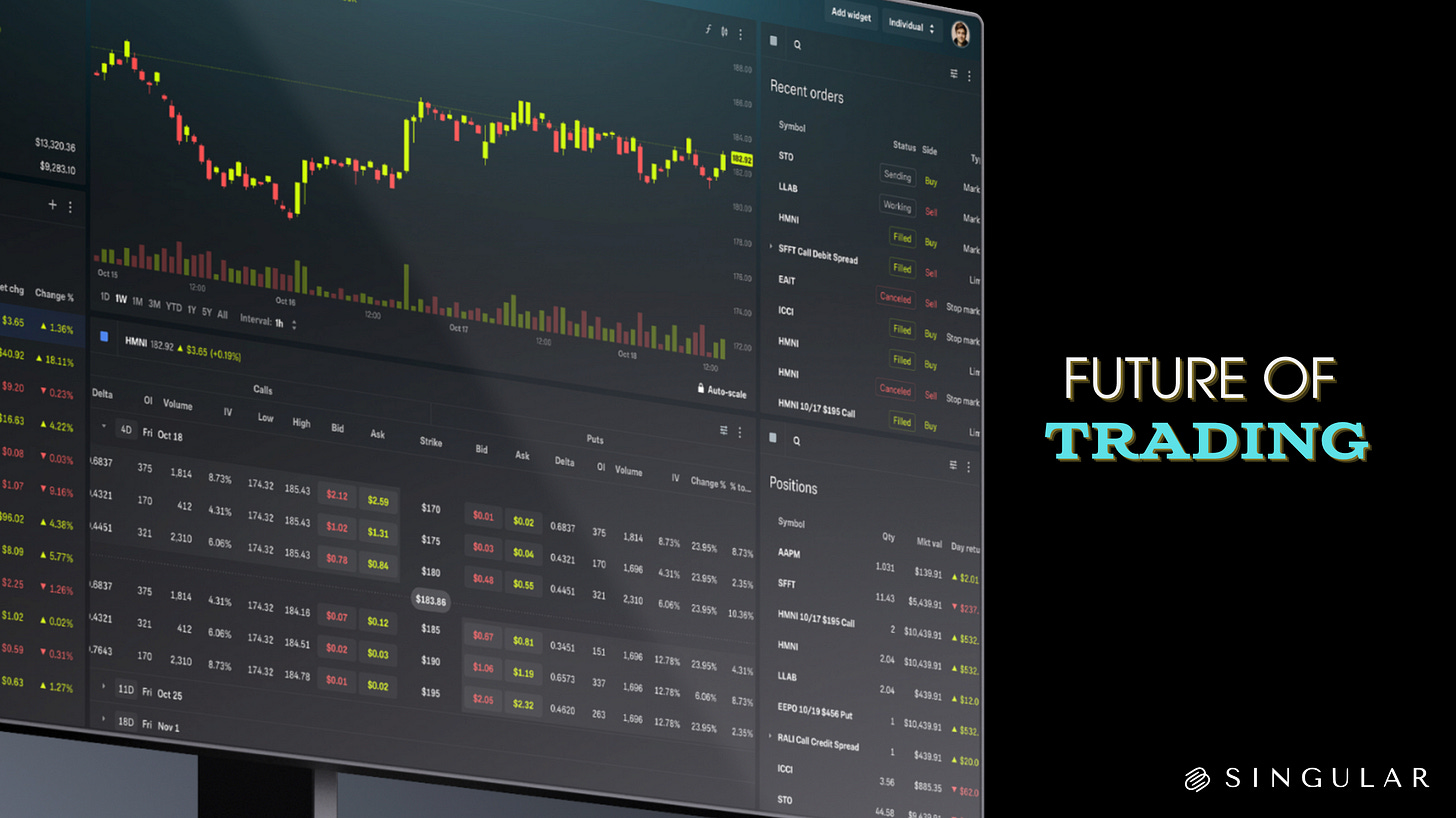DOGE New Bill, OpenAI vs Zuck, Google's AI Comeback
1.) DOGE New Bill
In a dramatic twist to Congress’s routine year-end spending bill rush, the newly formed Department of Government Efficiency (DOGE), led by Elon Musk and Vivek Ramaswamy, has emerged as a game-changer. By leveraging social media and meme-driven communication, DOGE exposed wasteful provisions in the 1,500+ page bill, sparking a surge of voter backlash that pressured representatives to reconsider their support. Even without formal power, DOGE’s innovative strategy demonstrates how modern communication can challenge entrenched inefficiencies in government spending.
Singular’s Take: This episode highlights DOGE’s unconventional approach to politics, rooted in the principles of public choice economics and effective advertising. Musk and Ramaswamy capitalized on “rational ignorance” by presenting complex legislative content in digestible formats on platforms like X. This tactic not only mobilized voters but also showcased the potential of decentralized influence to reshape the political landscape. Whether this momentum can translate into sustained impact remains to be seen, but DOGE’s debut signals a bold redefinition of political accountability in the digital age.
2.) Musk and Zuck vs Open AI
In a rare show of unity, Meta CEO Mark Zuckerberg and X owner Elon Musk have aligned in their opposition to OpenAI’s transition from a nonprofit to a for-profit entity. Both tech moguls, despite their history of public feuds, have urged California Attorney General Rob Bonta to intervene. Meta’s letter criticized OpenAI’s intent to retain the benefits of its nonprofit origins while shifting to a potentially lucrative for-profit model, warning that such a move could set a dangerous precedent for similar ventures. Musk, who co-founded OpenAI but left in 2018 over disagreements about its direction, has taken legal action to block the transition, accusing OpenAI and Microsoft of anti-competitive practices.
Singular’s Take: OpenAI, valued at $157 billion following a $6.6 billion funding round in October, has defended its for-profit pivot as necessary to attract further investment. Musk, meanwhile, has launched xAI to compete in the artificial intelligence space, with $5 billion in funding secured, while Meta is investing $37 billion in AI-related infrastructure this year. As the competition for AI dominance heats up, the unlikely partnership between Musk and Zuckerberg underscores their shared concern about the implications of OpenAI’s strategic shift.
3.) Google’s AI comeback
After a rocky period of setbacks and criticism, Google has made a triumphant comeback in the AI landscape, rolling out advanced tools like Gemini 2.0 and Project Astra, alongside new hardware innovations such as the Trillium TPU chip and Willow quantum computing chip. These launches have driven Alphabet’s stock to an all-time high of $199.91, with investors applauding its renewed focus on cutting-edge technology and three consecutive quarters of double-digit profit growth. However, competition remains fierce, with Microsoft, AI-powered startups, and Elon Musk’s xAI challenging Google’s leadership in the AI race.
Challenges Amidst Progress
Despite its resurgence, Google faces internal and external obstacles, from antitrust lawsuits to a history of delayed product launches like the lackluster debut of Bard. While new initiatives like “AI Overviews” aim to combat revenue loss in its ad business, early data shows challenges persist. With rivals scaling aggressively, like Musk’s Colossus supercomputer and OpenAI’s direct-to-consumer tools, Google must navigate a complex landscape to maintain its momentum and close the $1 trillion market cap gap with Microsoft.
Under the Radar
i.) USDT Faces Potential EU Delistings Amid MiCA Compliance Uncertainty
ii.)Bitcoin Predicted to Hit $150K by 2025 Amid Volatility Concerns

Important Disclaimers



